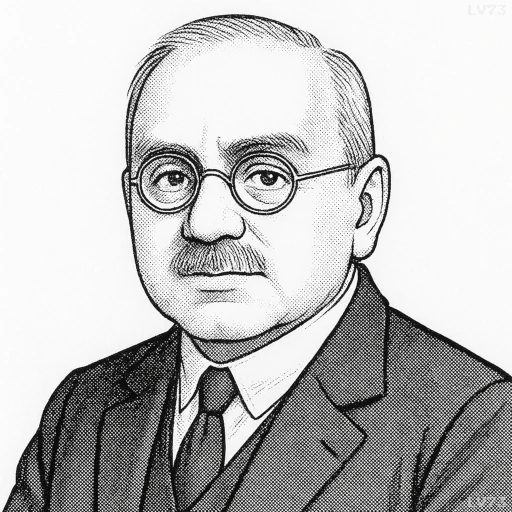“A lie would have no sense unless the truth were felt dangerous.”

- February 7, 1870 – May 28, 1937
- Austrian
- Psychotherapist, Medical Doctor, Founder of Individual Psychology
table of contents
Quote
“A lie would have no sense unless the truth were felt dangerous.”
Explanation
This quote reveals Alfred Adler’s insight into the psychological function of lying, suggesting that people lie not out of habit or malice alone, but because the truth threatens them in some way. A lie, in this view, is a protective mechanism—a way of shielding oneself from consequences, shame, or emotional pain. It only becomes necessary when the truth is perceived as too exposing, too damaging, or too disruptive to one’s self-image or social standing.
In Adlerian psychology, such behavior aligns with his theory of safeguarding strategies, where individuals unconsciously distort reality to protect their ego and avoid feelings of inferiority. The lie may serve to maintain a sense of superiority, avoid failure, or prevent rejection. Thus, lying is rarely random—it reflects a deeper internal conflict, in which the person judges the cost of honesty to be greater than the moral compromise of deception.
In modern contexts, this observation remains strikingly relevant. Whether in personal relationships, politics, or professional life, lies often arise when truth threatens status, identity, or security. For example, a student might lie about grades to avoid disappointing parents, or a leader may obscure facts to maintain authority. Adler’s quote prompts us to ask not only what is being hidden, but why the truth is feared, opening the way for deeper understanding, empathy, and eventually, constructive confrontation of reality.
Would you like to share your impressions or related stories about this quote in the comments section?


